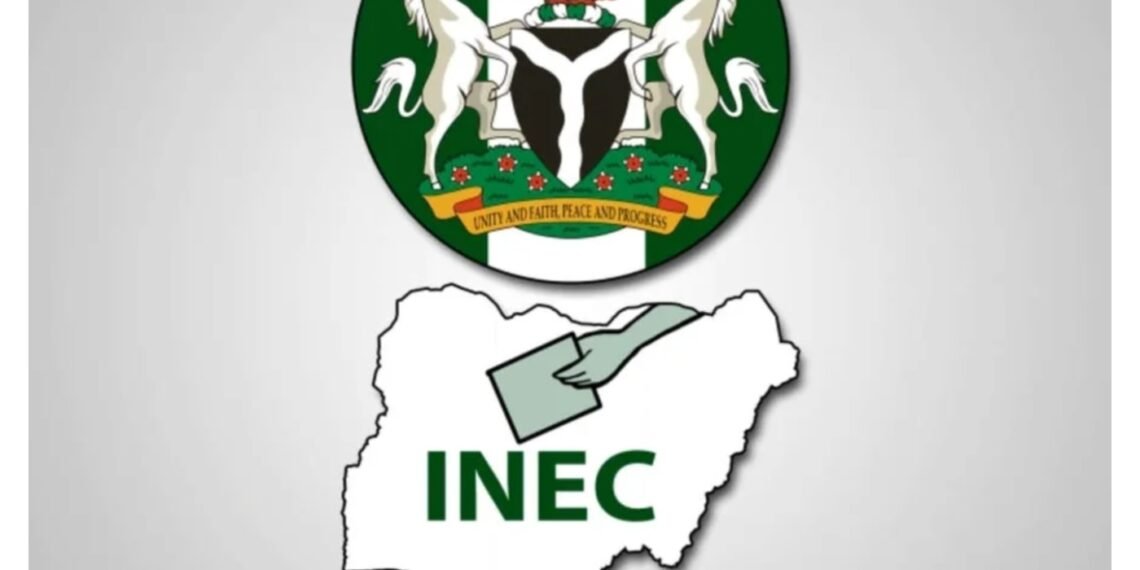The Media Rights Agenda (MRA) has strongly condemned the Independent National Electoral Commission (INEC) for demanding over ₦1.5 billion to grant access to Nigeria’s National Register of Voters and the lists of polling units. The organization described the charge as “exorbitant, unlawful, and a deliberate attempt to frustrate transparency.”
In a statement issued on Friday, MRA’s Executive Director, Mr. Edetaen Ojo, accused INEC of violating the Freedom of Information (FOI) Act by imposing a financial barrier that effectively blocks public scrutiny of electoral data. He said the move is designed to restrict access to vital records that should ordinarily be made public at little or no cost.
According to Ojo, “The National Register of Voters and the polling unit lists are among the most important public records required by civil society, political parties, election observers, and the media to promote transparency and accountability in Nigeria’s electoral process. By imposing such a massive financial burden, INEC is deliberately obstructing the public’s right to oversight.”
The controversy began after INEC responded to an FOI request submitted by the law firm V-C Ottackpukpu & Associates on October 8, 2025. In a reply dated October 13 and signed by Ms. Rose Oriaran-Anthony, Secretary to the Commission, INEC demanded ₦1,505,901,750.00 to provide copies of the requested records.
MRA described this figure as outrageous and inconsistent with Section 8(1) of the FOI Act, which stipulates that only the “standard charge for duplication or transcription” may be applied to such requests. Ojo stressed that INEC’s demand “cannot, under any reasonable interpretation, be considered a duplication fee” and amounts to “a calculated attempt to deny public access to information.”
Read Also:
- Senate to screen Prof. Joash Amupitan today as INEC chairman nominee
- Borno leads in voter registration as INEC reports 7.4m new eligible voters
- INEC to commence deployment of non-sensitive materials in 17 Enugu LGAs
Citing the African Commission on Human and Peoples’ Rights’ Guidelines on Access to Information and Elections in Africa (2017), MRA reminded INEC of its obligation to proactively publish voter data before elections. The organization noted that the voter register and polling lists are already digitized and centrally stored, meaning reproduction costs should be minimal.
“INEC’s response, even under generous assumptions, suggests that it is prioritizing bureaucracy and profit over public transparency,” Ojo said. He warned that if this action is allowed to stand, it could embolden other government agencies to impose similarly prohibitive charges, defeating the essence of Nigeria’s Freedom of Information Act.
MRA called on INEC to immediately withdraw the demand and release the requested electoral data in compliance with the law, urging civil society groups and the media to resist any attempt to commercialize access to public information.






